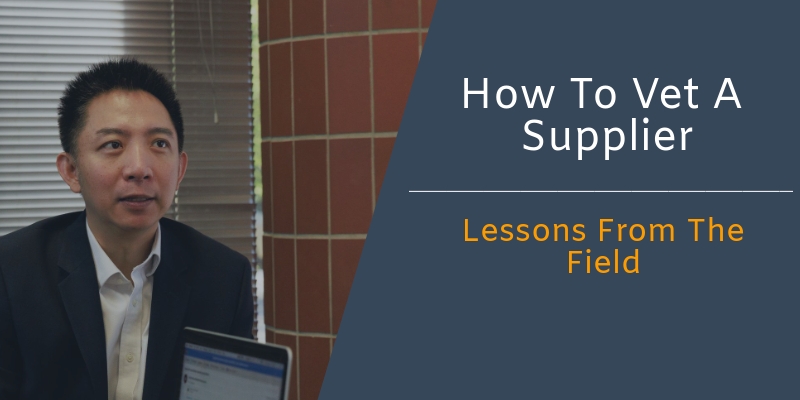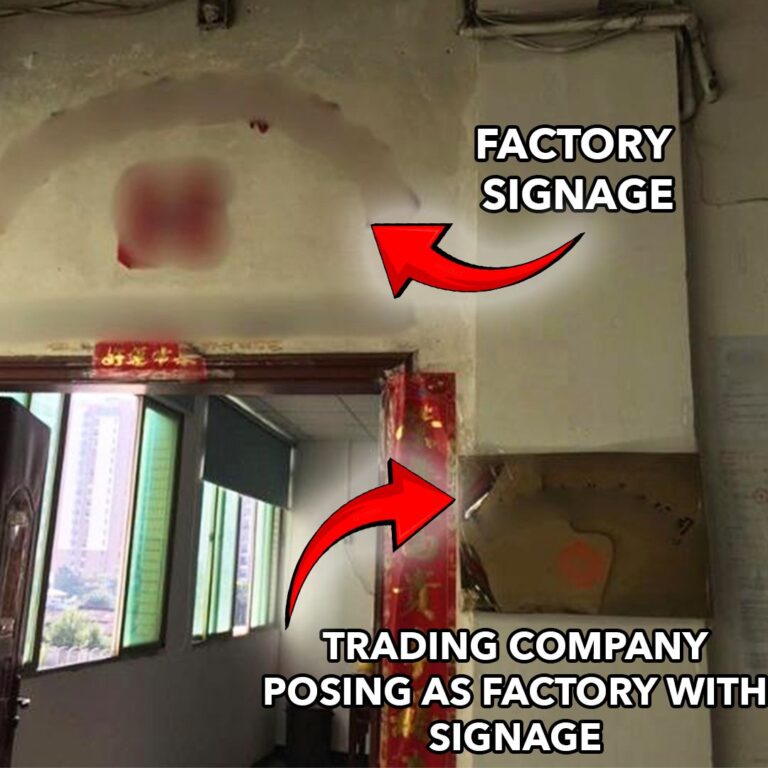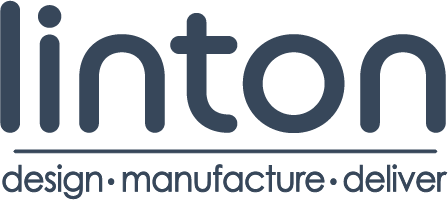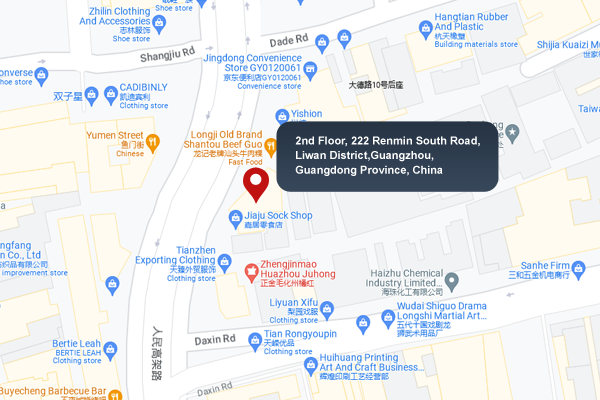How to Vet a New Supplier: Lessons from the Field

When it comes to sourcing from overseas factories, many seasoned professionals have stories to tell. At Linton Group, we understand the importance of thoroughly vetting new suppliers to avoid costly mistakes.
Here’s a compelling story from our founder, Ben Kong, that underscores the need for diligence and the lessons learned along the way.
A Lesson Learned the Hard Way
Over a decade ago, Ben Kong was working with a new supplier for a client. The initial transaction was smooth, involving a test purchase order (PO) of $5,000 worth of mugs. The goods were delivered, the client was happy, and everything seemed perfect.
With the initial success, the next PO was significantly larger—around $50,000. A 30% deposit was made, but then the supplier vanished, taking $16,000 with them.
This was a classic case of long-play fraud, where the supplier delivered on the first order to gain trust and then disappeared with the deposit from the second, larger order.
Avoiding Supplier Scams: Key Steps
Such scenarios are not uncommon, but they can be avoided with careful vetting. Here are some crucial steps to ensure you’re dealing with a legitimate supplier:
Match the Contact to the Website
Ensure the email domain of your contact exactly matches the factory’s website. This may seem obvious, but it’s a critical step often overlooked.
Verify the Factory’s Existence
Conduct a thorough search of the factory’s domain. Look for images that clearly display the factory’s name on the building’s façade. Be wary of trading companies posing as factories; they often use temporary signage to deceive buyers.
- For instance, during one of our factory audits, we discovered a trading company’s sign taped to a factory’s entrance. They had taken photos with this sign to make it appear as if they owned the building. Such practices are common, and factories may allow it to win business from trading companies.
Confirm Fixed Assets
Arrange for a factory audit, even for a test order. Verify that there’s an actual building with the factory’s name on it. A fixed asset like this reduces the likelihood of fraud, as factories are less inclined to run off with your deposit. Additionally, ensure the factory’s business license is prominently displayed inside.
By following these steps—matching the email to the website, verifying the factory’s physical presence, and confirming their business license—you can significantly reduce the risk of supplier fraud.

Linton Expertise
At Linton Group, we include factory audits as part of our service to ensure the legitimacy and reliability of our suppliers. By sharing these insights, we hope to empower brands to make informed decisions and build trustworthy partnerships. Have you had similar experiences or additional tips to share? We’d love to hear your thoughts in the comments below!
Linton Group has two decades of experience in navigating the Black Friday / holiday rush, as well as other major holidays. Prior to the Covid-19 Pandemic, Linton specialized in optimizing supply chains for brick and mortar brands. Linton transitioned after the pandemic to specialize in supply chain solutions in the world of e-commerce to grow with the exponentially increasing holiday season. For the past 4 years, Linton has been able to effectively plan, navigate, and execute streamlined solutions for the holiday season that has empowered our e-commerce partners to experience growth that tracks alongside the ecommerce boom in recent years. To discuss possibilities, schedule a time here – we’d love to chat!


